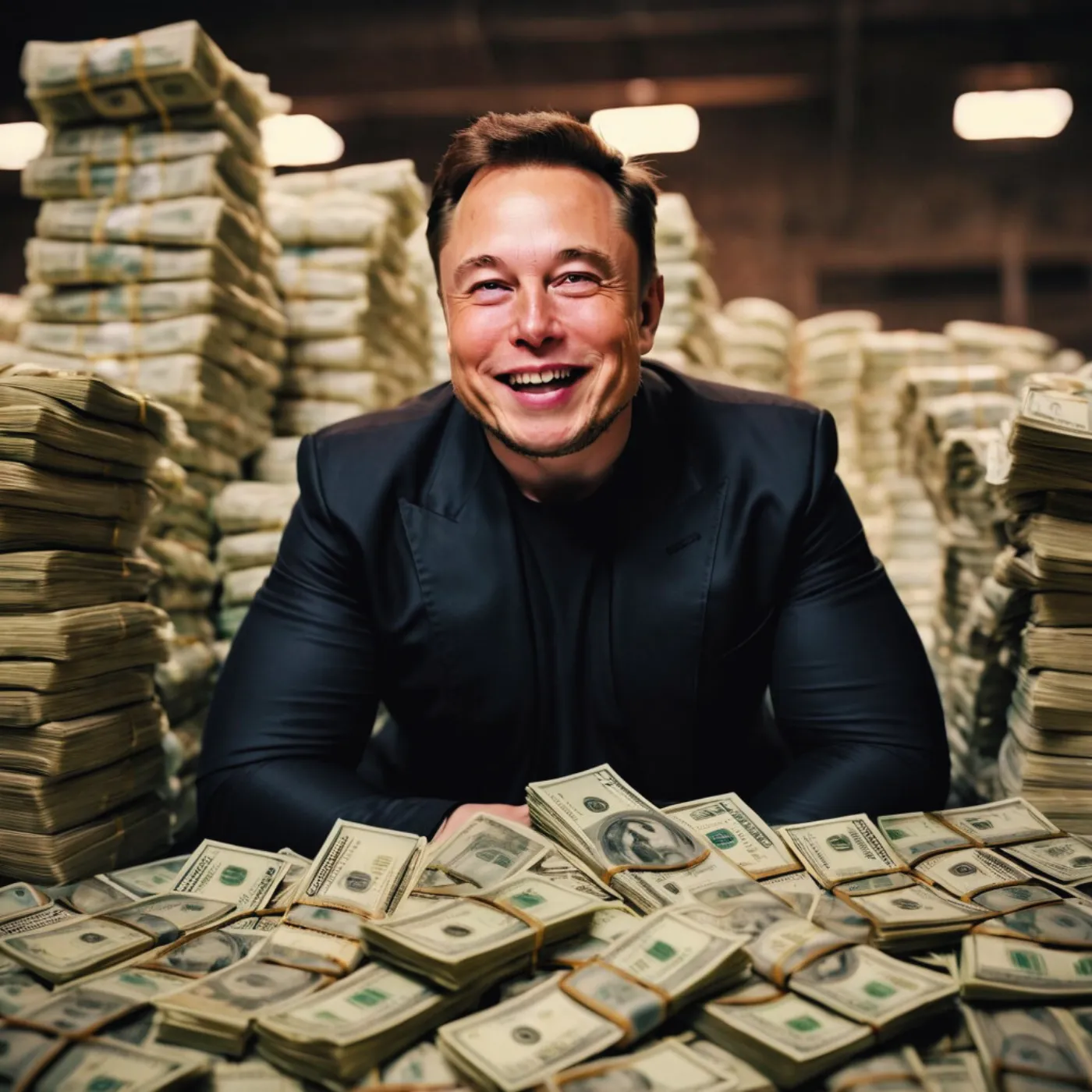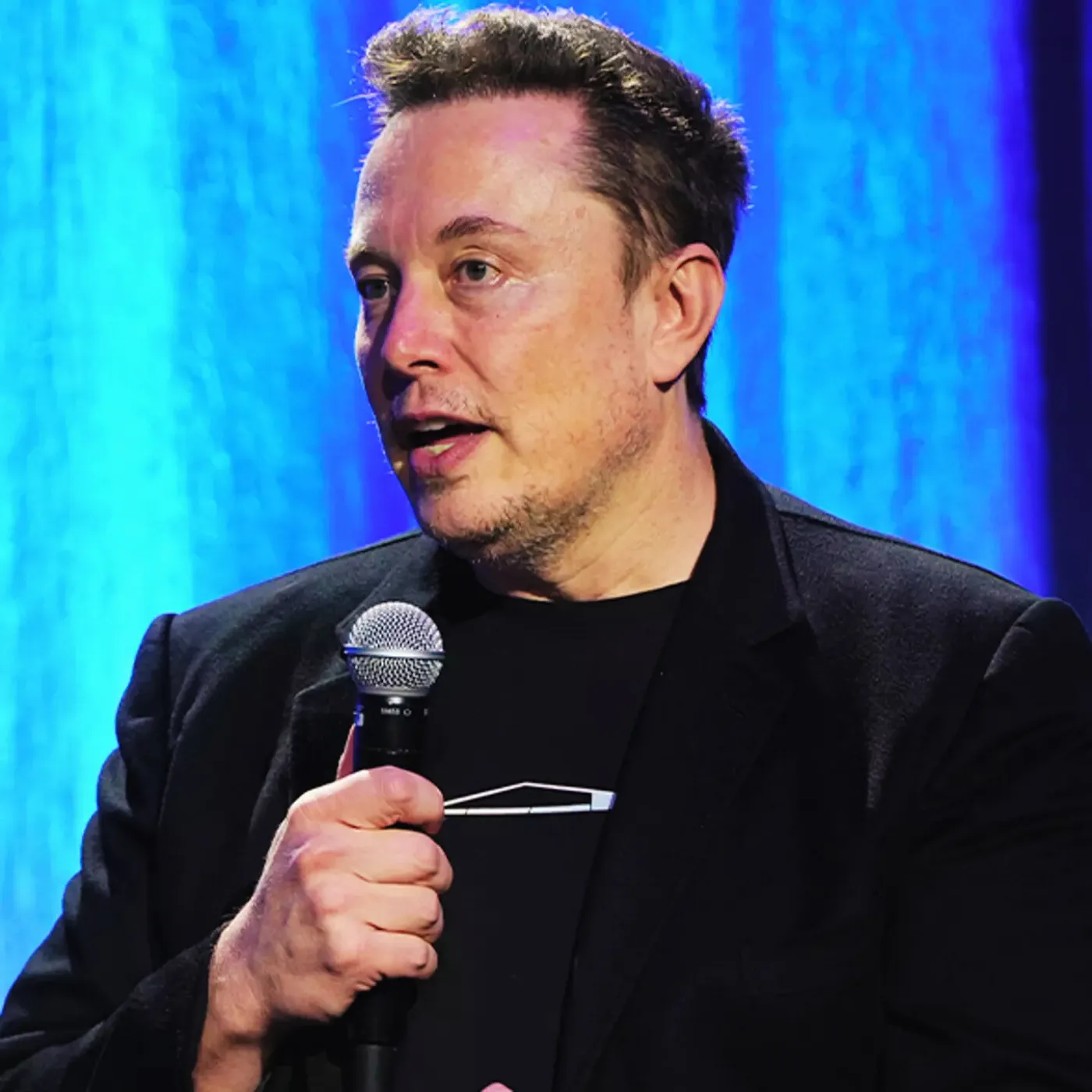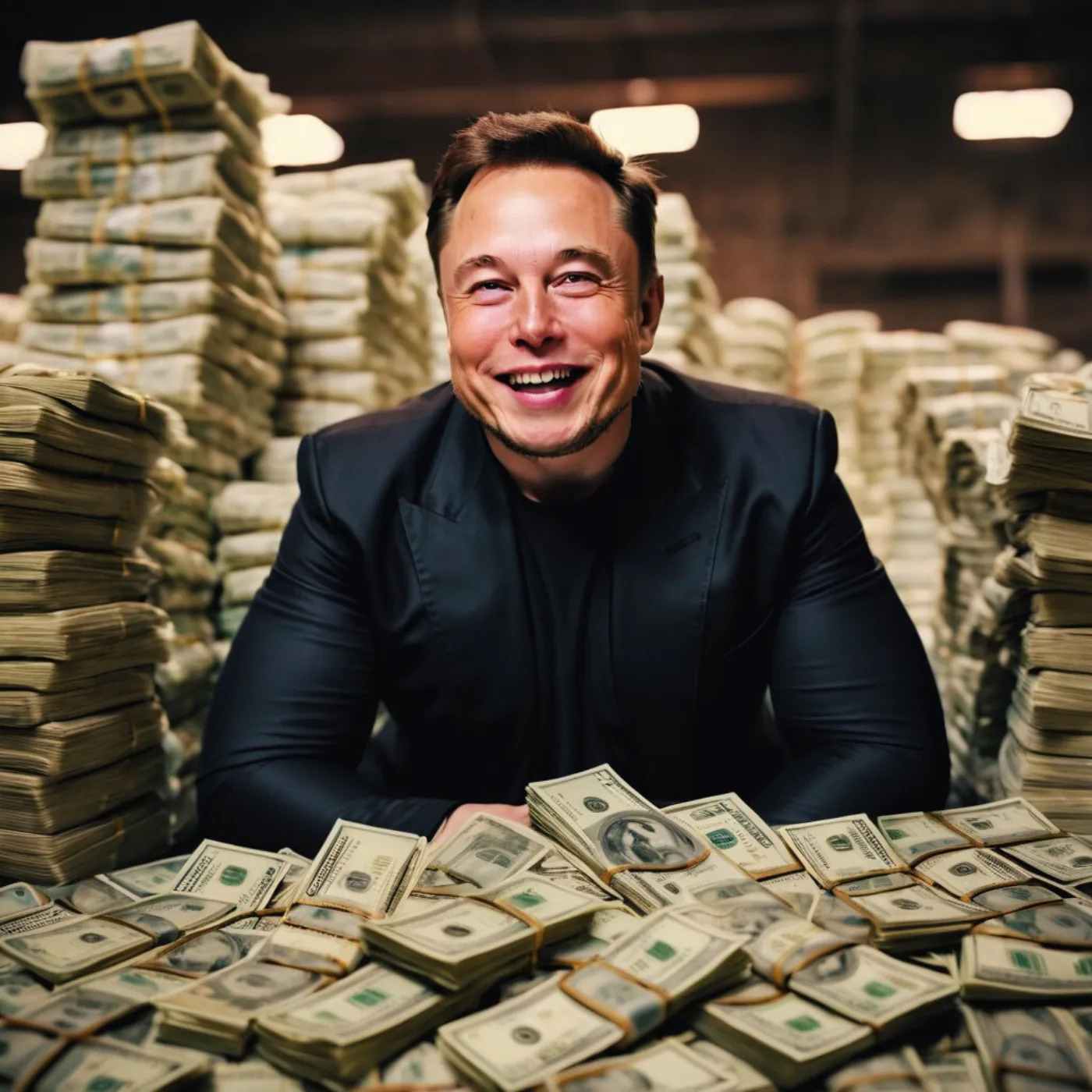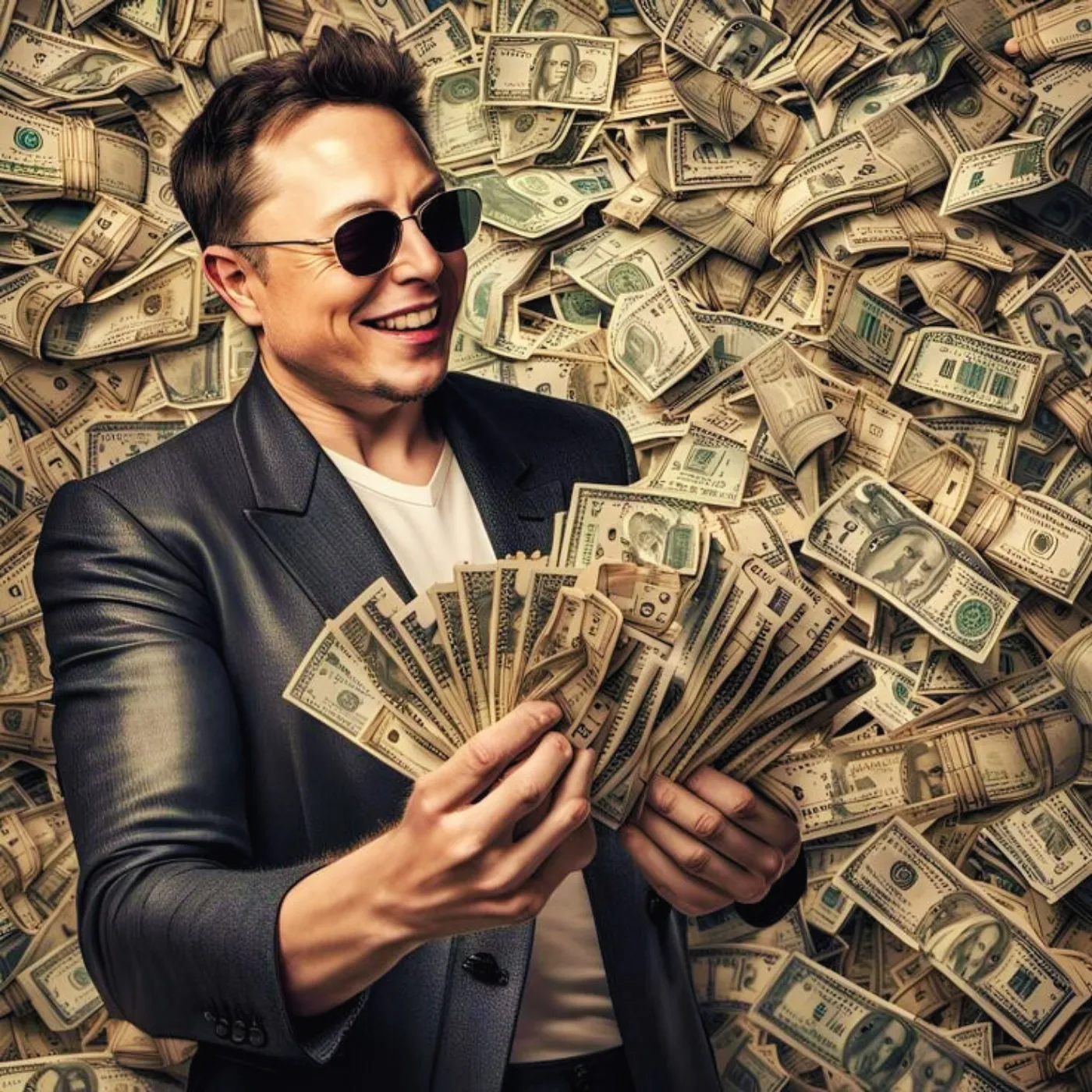

OpenAI Exposes Elon Musk’s $97B Sham — The Power Grab Backfires
In a move that sent shockwaves through the tech world, OpenAI has countersued Elon Musk, accusing him of orchestrating a calculated and deceptive attempt to seize control of the artificial intelligence giant. The $97.4 billion offer that Musk floated as a takeover bid has now been labeled a “sham bid” by the organization he once helped build.

This legal firestorm doesn’t just pit two of the most powerful names in AI against each other. It also threatens to reshape the narrative around Musk’s influence in the rapidly evolving tech landscape. The court filings, which dropped like a thunderclap, lay out a dramatic case of alleged manipulation, betrayal, and power-hungry ambition.
A Breakdown of the Countersuit: OpenAI Comes Out Swinging
OpenAI’s legal team minced no words. In an explosive filing made public this week, they allege that Musk’s $97.4 billion proposal was never a legitimate offer but rather a strategic maneuver designed to destabilize the company and force it into submission.
“The bid lacked seriousness, financial transparency, and actual intent,” one part of the filing reads. “It served only to create chaos, sow distrust, and position Musk for greater personal leverage over OpenAI’s strategic direction.”
The accusations cut deep. They suggest that Musk’s ultimate goal wasn’t investment or stewardship, but total domination of the AI frontier, using tactics that blurred the line between business maneuver and calculated disruption. OpenAI’s attorneys presented supporting internal communications, meeting transcripts, and failed commitments from Musk’s team that painted a broader picture of orchestration more than interest.
Musk’s History With OpenAI: From Architect to Adversary
Elon Musk’s relationship with OpenAI is a long and complicated one. As one of the co-founders of the organization, Musk initially supported its mission to ensure that artificial general intelligence would benefit humanity as a whole.
But things took a darker turn when Musk walked away from OpenAI in 2018, citing strategic disagreements. Since then, he’s become one of its loudest critics, frequently posting on social media platforms questioning the direction, transparency, and purpose of the company.
OpenAI’s countersuit paints a clear picture: Musk didn’t simply want back in. He wanted to control it. The $97.4 billion bid, according to their claims, was merely a mask for something much more aggressive. And more than control, the lawsuit alleges that Musk was deliberately undermining OpenAI’s partnerships and investor relations behind the scenes.
Several senior staff within OpenAI have submitted statements describing meetings and calls with Musk that left them concerned about his true motives. These claims, if substantiated during trial, could flip the public image of Musk as a strategic visionary into one of a calculated agitator.
The $97.4 Billion Illusion: What the Numbers Hide
Musk’s proposed takeover offer made headlines for its sheer scale. But OpenAI argues that the numbers were hollow. There was no verified funding structure, no bank confirmations, and no official documentation that would indicate the bid had teeth.
In short, they claim the money was fiction.
OpenAI further alleges that even Musk’s closest financial allies weren’t briefed or involved in the bid. In fact, communications with several leading investment firms revealed that they were unaware of any real plan to acquire OpenAI. This suggests that the entire effort was more theater than strategy.
The countersuit claims Musk inflated the bid amount to generate press, stir unrest within OpenAI’s leadership, and cast a long shadow over its independence. This illusion of a takeover, they argue, was the point — not the takeover itself.

OpenAI’s Strategic Strike: Turning the Tables on Tech’s Teflon Titan
By countersuing Musk, OpenAI isn’t just defending itself. It’s going on the offensive, challenging the narrative that Musk has so carefully constructed over the years: the visionary rebel with the golden touch.
This time, the rebel got called out.
The case marks a rare moment where Musk’s mythology is publicly questioned in court by an organization with direct ties to his past. And it does so with force, calling him out not just as misguided or misinformed, but as a calculated disruptor willing to use deception to gain control.
Internal emails between Musk and OpenAI’s founding members, submitted as evidence, suggest that his relationship with the organization had soured long before he exited publicly. One particularly pointed exchange shows Musk demanding “complete control or no support at all,” underlining the depth of his ambitions.
Implications for AI, Tech, and Musk’s Legacy
The broader implications of this legal battle are massive. If OpenAI succeeds in proving that Musk’s offer was indeed a sham, it could set a precedent for how high-profile tech figures engage with startups and organizations they once helped build.
It could also challenge the untouchable aura Musk has built. Despite numerous controversies, from company lawsuits to questionable public behavior, Musk has largely maintained his status as an unstoppable force. But OpenAI’s countersuit puts that image under a new kind of microscope.
This isn’t just a legal fight. It’s a test of tech celebrity accountability.
The ripple effects will not only influence venture capital and private equity strategy in the tech world but could also reshape investor trust in high-profile founders. Some firms are already quietly pulling out of joint ventures associated with Musk-linked startups, according to insiders familiar with the situation.
The Court of Public Opinion Is Already Stirring
Social media platforms lit up the moment the countersuit news broke. Trending hashtags like #OpenAIStrikesBack and #MuskExposed started popping up, alongside a flurry of memes, editorials, and think pieces.
On Facebook, users are sharing scathing posts dissecting the details, while on YouTube, tech influencers are releasing hour-long videos analyzing the court documents line by line.
The public is hungry for more — and Musk’s usual charm offensive isn’t sticking like it used to.
For every loyal supporter, there are now just as many critics asking tough questions: Why would a visionary resort to such tactics? Why target a company he helped create? What does this mean for the future of responsible AI?
Across Reddit, communities are drawing comparisons between this legal drama and past Silicon Valley takedowns, likening it to landmark moments in tech ethics history. The sentiment is shifting, and fast.
What Comes Next: A Long Fight Ahead
Legal experts suggest this countersuit could drag on for months, if not years. Discovery will be intense. Depositions, internal emails, financial audits — all of it will come under the legal spotlight.
And OpenAI seems ready for the long haul.
Sources close to the organization have revealed that OpenAI’s leadership has undergone internal restructuring to shield its core teams from external pressure and interference, showing signs that the countersuit is not just a reaction but part of a broader strategic defense.
This is a pivotal moment not just for the company but for the broader conversation around tech power and accountability. The AI industry is no longer some abstract concept. It’s here, it’s real, and it’s becoming one of the most contested battlegrounds in modern history.
And the courtroom might be the next great frontier of innovation warfare.

A War of Worlds, Not Just Words
What’s unfolding between Elon Musk and OpenAI is not just a courtroom dispute. It’s a war over ideology, control, and narrative. On one side, a billionaire who believes in disruption at all costs. On the other, an organization trying to maintain autonomy and mission clarity in a world increasingly dominated by tech titans.
Whether Musk emerges as a misunderstood genius or a manipulator exposed remains to be seen.
But one thing is clear: OpenAI has thrown down the gauntlet — and the world is watching.
This case will not only influence the balance of power in AI but will be dissected, debated, and remembered as a turning point in the story of modern tech. From boardrooms to dorm rooms, from Silicon Valley to Wall Street, everyone is paying attention.
And as this courtroom drama unfolds, one truth rises above the noise:
The future of AI won’t just be built with code. It will be fought for in court.


















